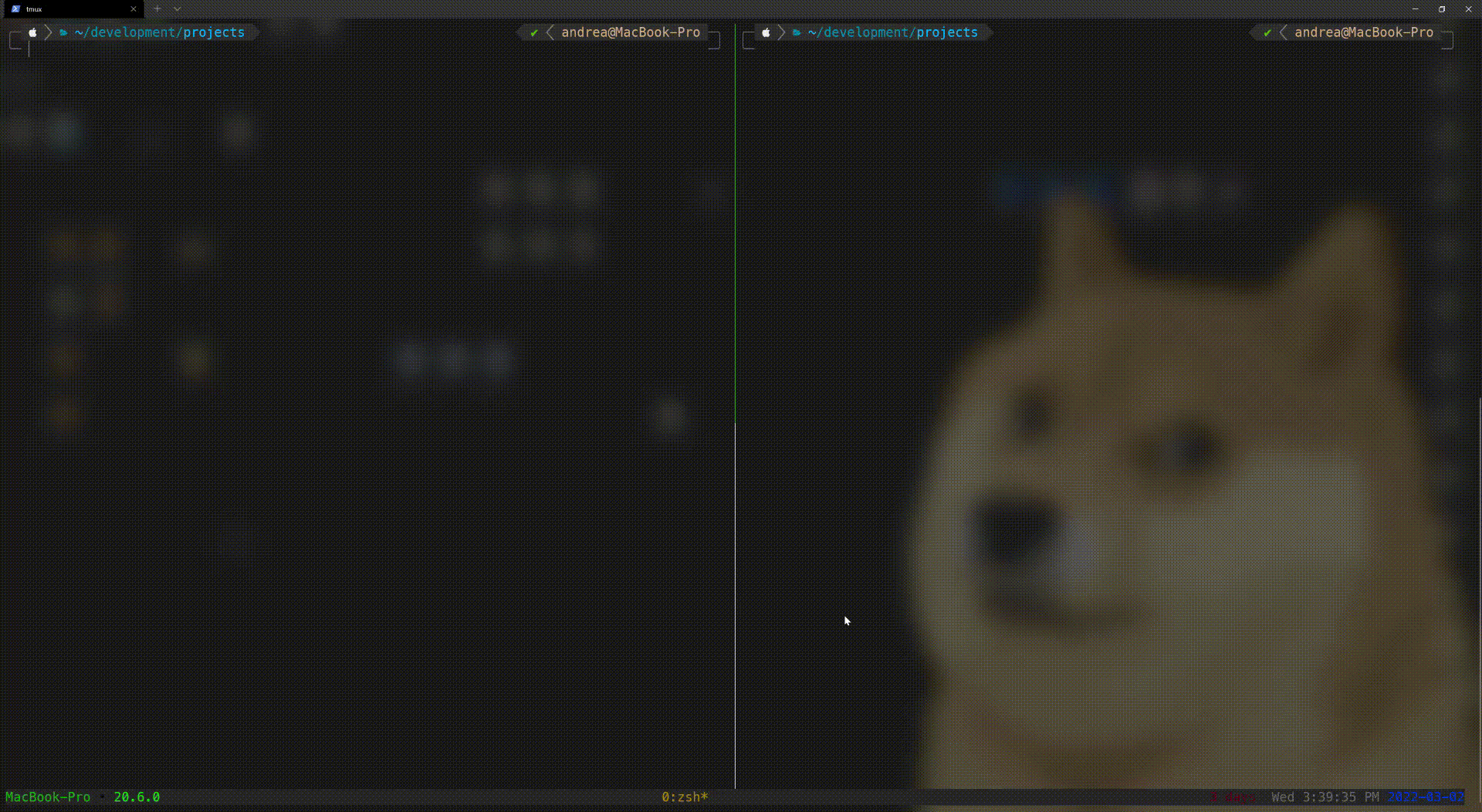A dumb and platform independent command line tool made in Go that performs the equivalent of the following grep command, but without taking ages to complete.
grep -E -r -l "mypattern" "/my/path"
I always end up having to search for files containing a simple keyword inside a multitude of directories and subdirectories. Most of the times, grep does its job. Others it takes so long that I end up killing the process.
I made this tool in order to perform the same kind of lookup while taking advantage of goroutines in order to parallelize the research in files while the path is being traversed.
Grep still remains the best tool, but for specific needs MGP may come handy too.
The implementation is based on a recursive traversion that starts from the given base path and excludes sub-trees or files according to their names or, eventually, their size in bytes. Every result from the traversation is then, processed asynchronously in search of a match with a given pattern.
Two parameters are required
- The pattern that needs to be matched
- The starting path for the recursive research
These can be specified as positional arguments like in grep. Moreover, additional flags can be specified before the pattern and the starting path. These allow to:
| Flag | Action |
|---|---|
-exc "path1,path2,path3" |
Exclude specific path or directories |
-inc "path1,path2,path3" |
Include specific path or directories |
-lim 10mb |
Specify a size limit (using b, kb, mb, gb) in order to skip files greater than what specified |
-w 100 |
Specifiy the maximum number of goroutines that can run simultaneously |
-raw |
Disable fancy output |
-i |
Perform case insensitive matching |
-ctx |
Print matching lines together with the respective path |
-all |
Print all matching lines for each file |
Here's an example that searches for word "Music" recursiverly starting from the current directory.
mgp Music . Case insensitive matches can be enabled using the the -i flag.
mgp -i music . Here's an example that searches for the word Panda recursively starting from the current directory and ignoring directories named not-me at any level.
mgp -exc "not-me" Panda . Here's, instead, an example that searches for the word Node and the word node recursively starting from the /home/user/ path and specifically ignoring the /home/user/.local/bin directory and directories named .git at any level.
mgp -exc ".git,/home/user,local/bin" "[Nn]ode" /home/user/
Precompiled binaries are available in the Releases section of this repository. Once downloaded (let's say, for example, I've downloaded the mgp-v1.1.0-darwin-amd64.tar.gz archive), one can run
tar -xzf mgp-v1.0.0-darwin-amd64.tar.gzThis will extract the executable and a text file containting the license. You can, then, place the binary file in your path (or symlink it). Running mgp should, then, prompt a message stating the current version.
You can also download MGP as a Go module. You'll have to install the Go distribution for your system and then run
go install github.com/canta2899/mgp/cmd/mgp@latestThis will download and compile the program for your platform.



